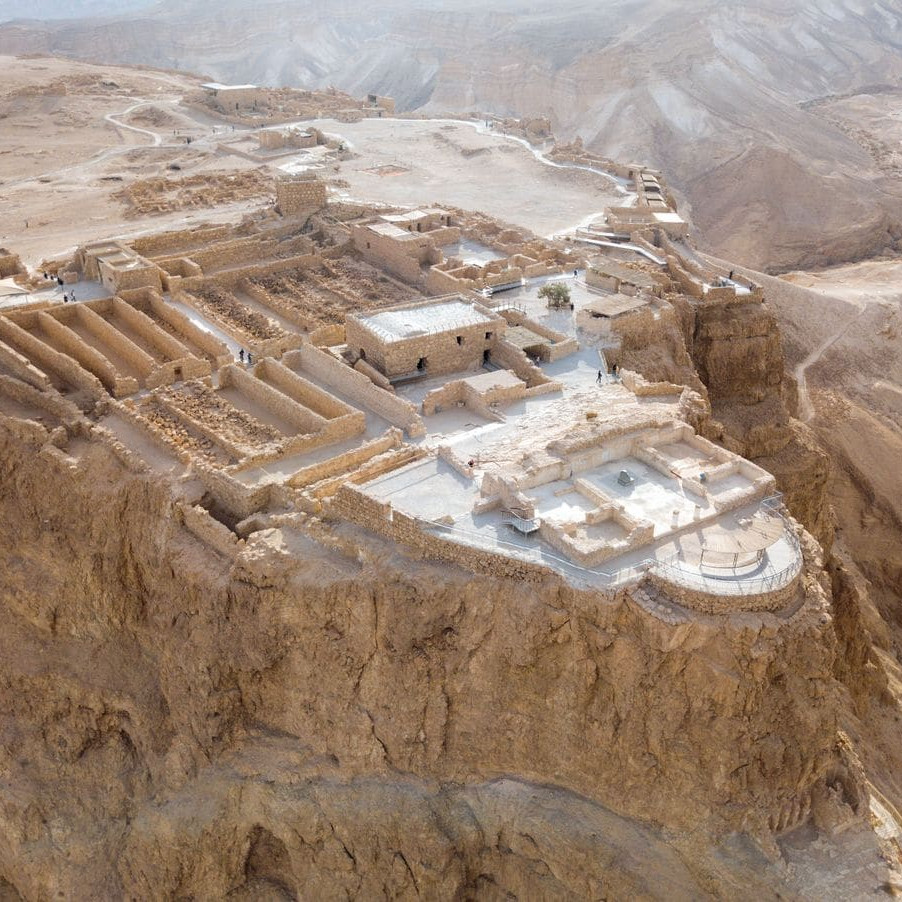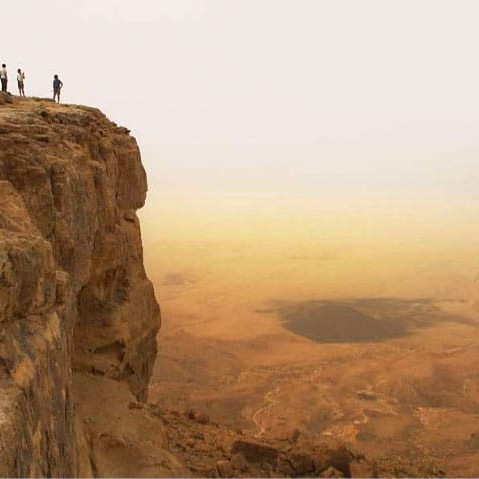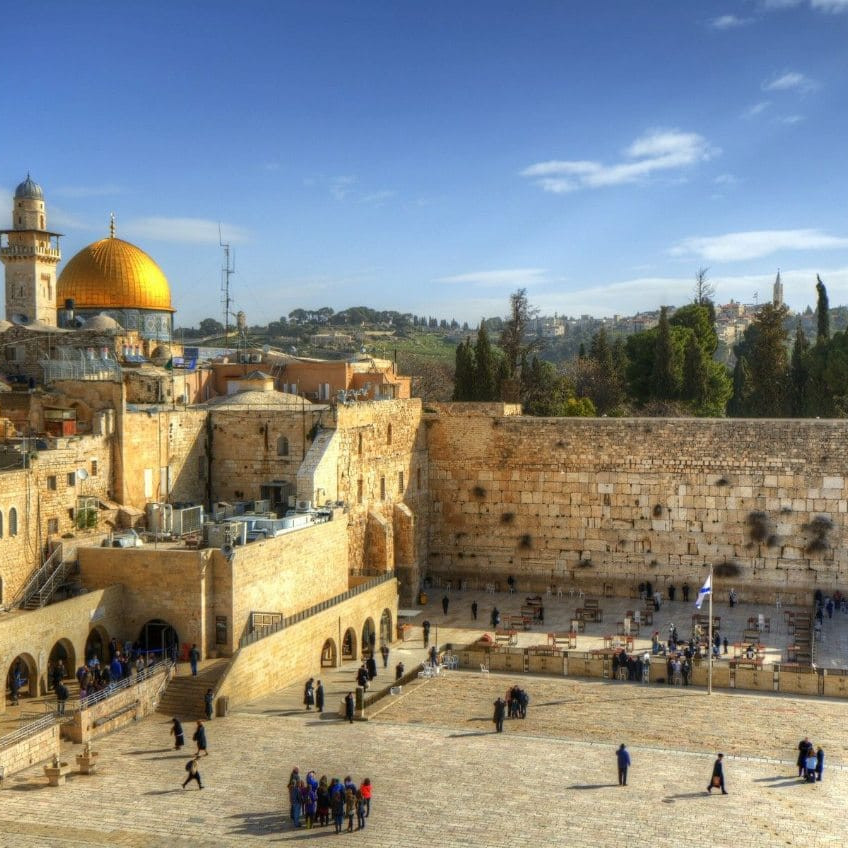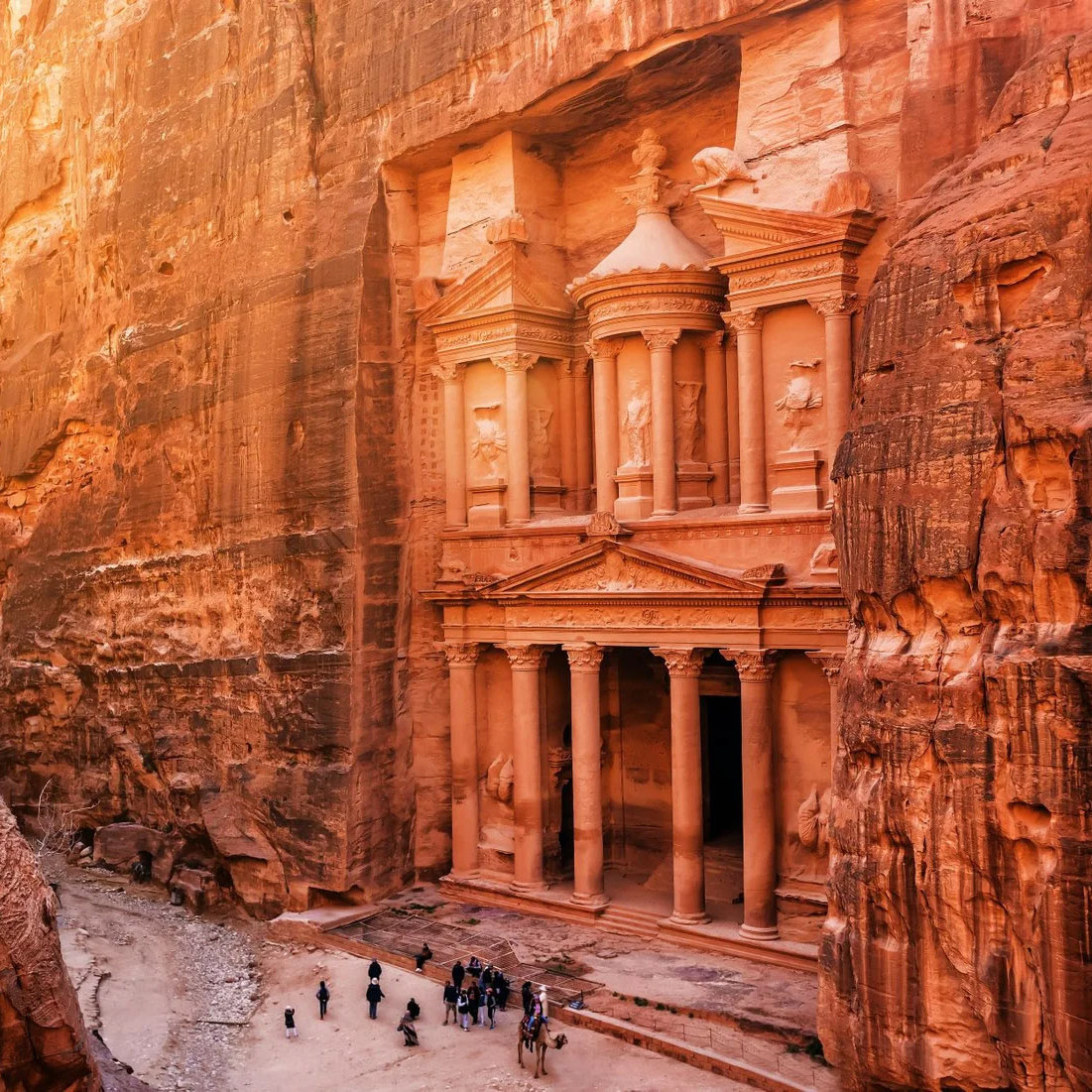Located in Western Asia, Israel is famous for being the birthplace of Judaism and Christianity. The country is rich in history, culture, and natural beauty, making it a fascinating destination for travelers. Its ancient landmarks, including the Western Wall, Masada, and the Old City of Jerusalem, attract millions of visitors each year.
Why Visit Israel
CULTURE & HISTORY
Israel has an extensive and interesting history, from the Bible to the Ottoman Empire. It is home to countless historical sites, like the Church of Nativity, the City of David, Church of the Holy Sepulchre and the Western Wall in Jerusalem. Jerusalem is considered to be one of the oldest and the holiest city in the world, as it is holy for Christians, Jews and Muslims.
NATURAL BEAUTY
Israel’s natural beauty is also a major attraction for travelers. The country’s diverse landscape includes lush forests, sparkling beaches, and stark deserts, as well as mountains and valleys. Visitors can hike in the stunning nature reserves of the Galilee or Negev, explore the vibrant coral reefs of the Red Sea, or relax on the Mediterranean coast.
FOOD
Israel’s food scene is another highlight for visitors. The country’s cuisine reflects its diverse cultural influences, with flavors and ingredients from Jewish, Arab, Mediterranean, and North African traditions. Visitors can sample traditional dishes such as falafel, hummus, and shakshuka, as well as modern interpretations of Israeli cuisine.
TEL AVIV
Tel Aviv, Israel’s second-largest city, is a hub of art, culture, and nightlife. The city’s beaches, cafés, and museums attract a diverse range of visitors, from families to young travelers. Tel Aviv is also known for its architecture, with over 4,000 Bauhaus-style buildings in the city center, earning it the nickname the “White City”.
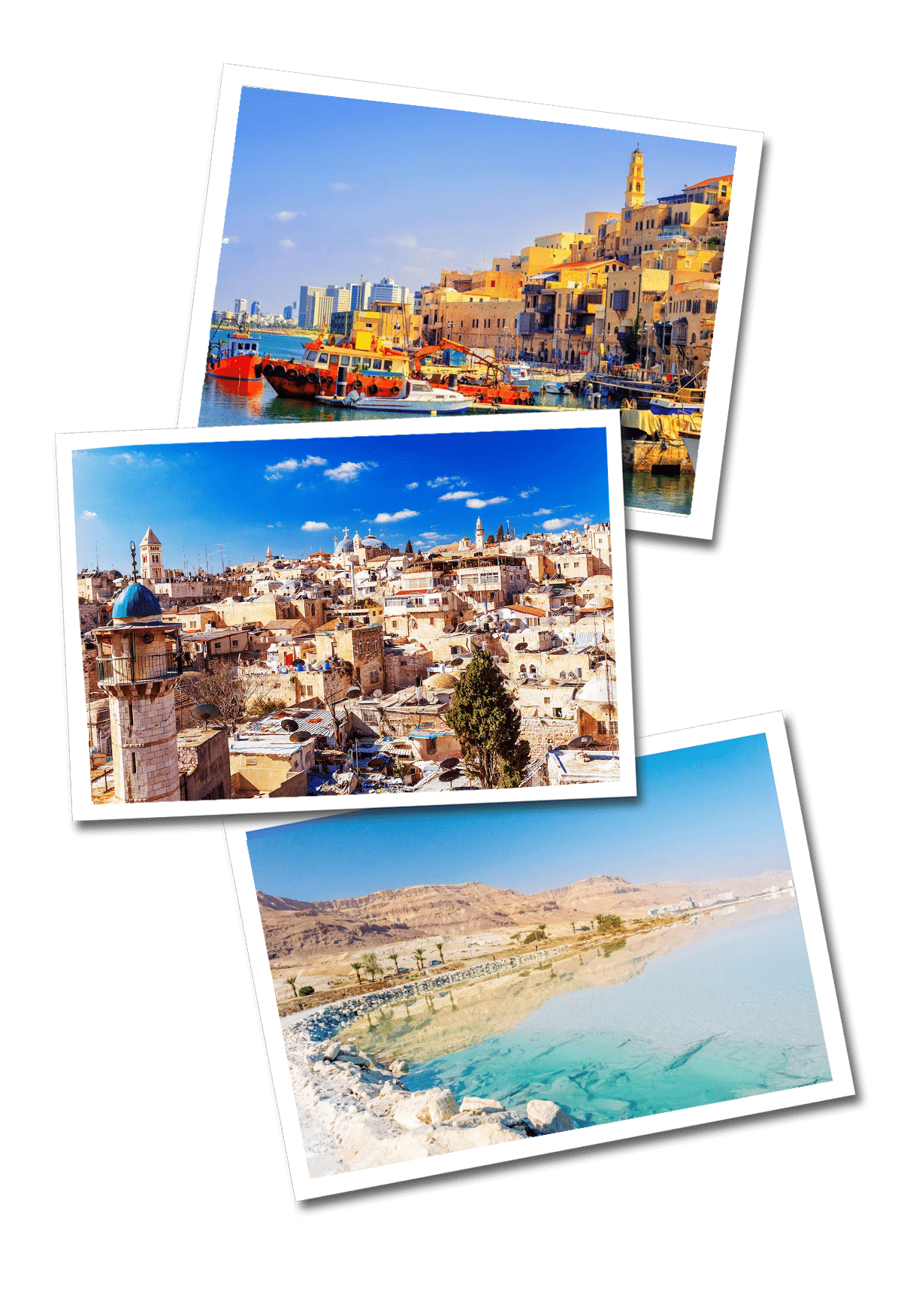
Located in Western Asia, Israel is famous for being the birthplace of Judaism and Christianity. The country is rich in history, culture, and natural beauty, making it a fascinating destination for travelers. Its ancient landmarks, including the Western Wall, Masada, and the Old City of Jerusalem, attract millions of visitors each year.

Why Visit Israel
CULTURE & HISTORY
Israel has an extensive and interesting history, from the Bible to the Ottoman Empire. It is home to countless historical sites, like the Church of Nativity, the City of David, Church of the Holy Sepulchre and the Western Wall in Jerusalem. Jerusalem is considered to be one of the oldest and the holiest city in the world, as it is holy for Christians, Jews and Muslims.
NATURAL BEAUTY
Israel’s natural beauty is also a major attraction for travelers. The country’s diverse landscape includes lush forests, sparkling beaches, and stark deserts, as well as mountains and valleys. Visitors can hike in the stunning nature reserves of the Galilee or Negev, explore the vibrant coral reefs of the Red Sea, or relax on the Mediterranean coast.
FOOD
Israel’s food scene is another highlight for visitors. The country’s cuisine reflects its diverse cultural influences, with flavors and ingredients from Jewish, Arab, Mediterranean, and North African traditions. Visitors can sample traditional dishes such as falafel, hummus, and shakshuka, as well as modern interpretations of Israeli cuisine.
TEL AVIV
Tel Aviv, Israel’s second-largest city, is a hub of art, culture, and nightlife. The city’s beaches, cafés, and museums attract a diverse range of visitors, from families to young travelers. Tel Aviv is also known for its architecture, with over 4,000 Bauhaus-style buildings in the city center, earning it the nickname the “White City”.
- Name: State of Israel
- Capital: Jerusalem
- Official Languages: Hebrew
- Currency: New shekel
- Time Zone: UTC+2
- Name: State of Israel
- Capital: Jerusalem
- Official Languages: Hebrew
- Currency: New shekel
- Time Zone: UTC+2
Bucket list
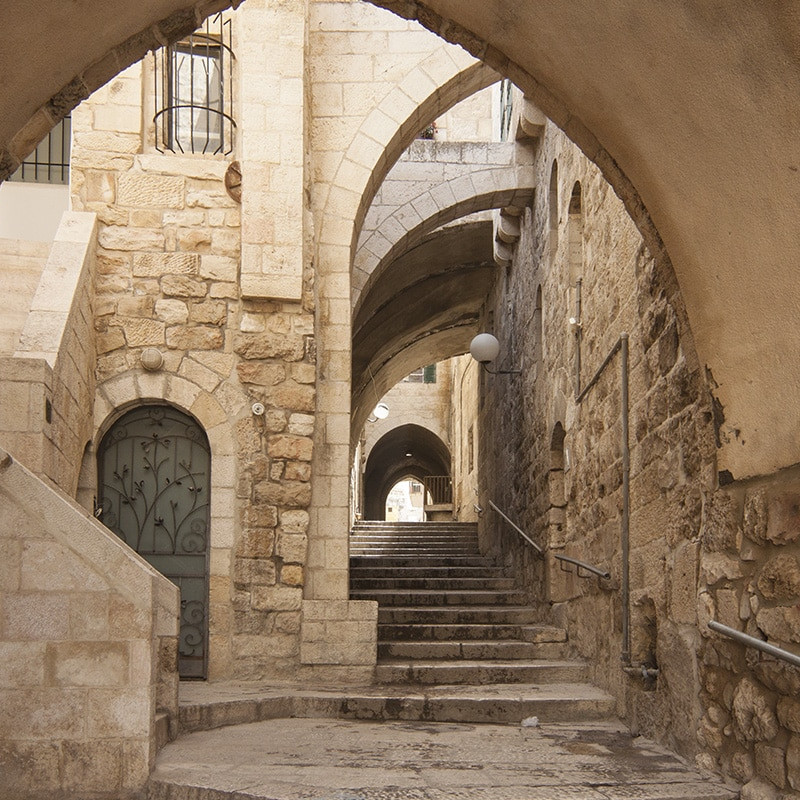
Tour the Western Wall Tunnels
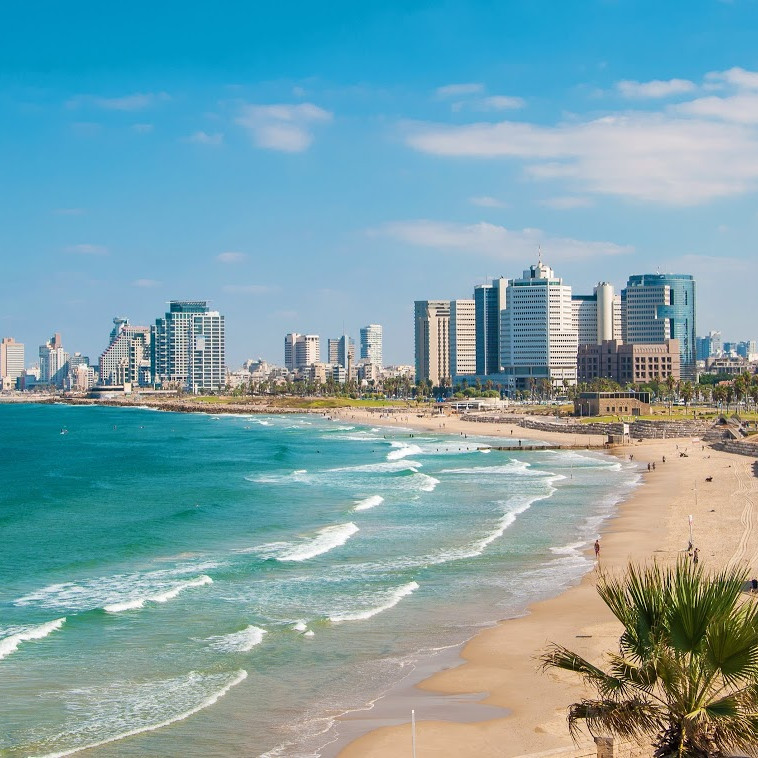
Hit the beach in Tel Aviv

Visit the Rosh Hanikra Grottoes
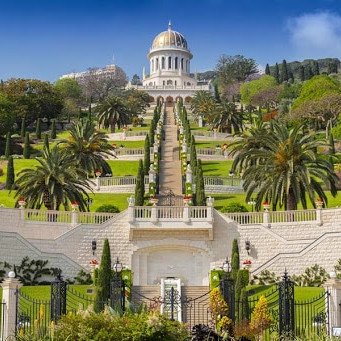
Marvel at the Baha’i Gardens in Haifa
What to expect
LANGUAGE
Israel’s official languages are Hebrew and Arabic. Hebrew is the primary language spoken by the Jewish population and is the language of government, education, and daily life. Arabic is the primary language spoken by the Arab population and is also an official language of the country. English is widely spoken and is often used as a common language between different communities.
ELECTRICITY
In Israel the standard voltage is 230V and the frequency is 50 Hz. That’s the standard voltage in the UK, Europe, Australia and most of Asia and Africa; If you are traveling from the US you will need an adaptor.
CURRENCY
The Israeli shekel is the official currency in Israel. Other foreign currencies might be accepted at major hotels and tourist attractions but not anywhere else. You are able to exchange your currency at the airport, banks or exchange houses. Credit cards are widely accepted and ATMs are available almost everywhere. 1 USD equals 3.65 shekels (as of 2023).
CLIMATE
Israel has a Mediterranean climate, with hot and dry summers and mild and rainy winters. Temperatures can vary widely depending on the region and time of year, with the coastal areas generally cooler than the inland areas. Summers can be very hot, with temperatures often reaching above 30°C (86°F), and humidity levels can be high. Winters are generally mild, with temperatures rarely dropping below 10°C (50°F). The best time to visit Israel is in the spring (March to May) and fall (September to November), when the weather is mild and pleasant.
SAFETY
Israel is generally a safe country for tourists, with low levels of violent crime and terrorism. The country has a well-trained and well-equipped security force, and security measures are in place in public spaces and tourist sites. However, visitors should exercise caution in areas near the borders with Syria, Lebanon, and the Gaza Strip, and should be aware of the potential for political unrest.
How to get around Israel
- Bus: Israel has an extensive network of public buses, which are a convenient and affordable way to travel between cities and towns. Most buses are air-conditioned and equipped with free Wi-Fi, and tickets can be purchased at bus stations or on board. Some popular bus companies include Egged and Dan.
- Train: Israel also has a train system that connects major cities, including Tel Aviv, Haifa, and Jerusalem. Trains are generally faster and more comfortable than buses, with reserved seating and air conditioning. Tickets can be purchased at train stations or online, and some routes offer express trains for faster travel times.
- Taxi: Taxis are widely available in Israel, and are a convenient way to get around cities and towns. Taxis are metered, and fares are regulated by the government. In some cities, such as Tel Aviv, there are also ride-sharing services such as Uber and Gett.
- Car rental: For those who prefer to drive themselves, car rental is also an option in Israel. Most major car rental companies have offices at the airport and in major cities. It’s important to note that driving in Israel can be challenging, with narrow roads and aggressive drivers. Additionally, parking can be difficult and expensive in cities.
- Bicycle: Israel has a growing network of bike paths and cycling trails, and renting a bike is a great way to explore cities and scenic areas. Many cities, including Tel Aviv, have bike-sharing programs that allow visitors to rent a bike for a short period of time.
Overall, there are plenty of transportation options available for tourists in Israel, depending on your preferences and travel needs. Whether you prefer the convenience of public transportation or the flexibility of driving yourself, getting around Israel is easy and accessible.
Israel has a visa policy that varies depending on the visitor’s nationality. Citizens of over 100 countries, including the United States, Canada, the United Kingdom, Australia, and many European countries, do not need a visa to enter Israel for stays of up to 90 days for tourism, business, or other purposes. Visitors from these countries will receive a visa waiver upon arrival at the airport or other border crossing point, provided they meet certain requirements, such as having a valid passport, proof of onward travel, and sufficient funds for their stay.
Citizens of some countries, including China, Russia, India, and many African and Middle Eastern countries, are required to obtain a visa before traveling to Israel. Visitors from these countries should apply for a visa at an Israeli embassy or consulate in their home country. The application process typically requires providing proof of travel plans, accommodation arrangements, and financial means to support the stay.
In addition, visitors who have traveled to certain countries with a high risk of infectious diseases, such as yellow fever, may be required to present a vaccination certificate upon arrival in Israel. It’s a good idea to check with your embassy or consulate before traveling to Israel to ensure that you have the necessary documents and meet the entry requirements.
Overall, Israel has a relatively open visa policy for tourists, with most visitors from Western countries able to enter without a visa. However, visitors from some countries will need to obtain a visa in advance, and all visitors should ensure that they meet the entry requirements before traveling.
SUBSCRIBE!
Are you a globetrotter? Join our platform and get exclusive travel tips, getaways and more!
Jordan
Travel Jordan, well known for Petra, one of the seven wonders of the world, but also offering from stunning landscapes to historical..
South Korea
Travel South Korea, a fascinating country with a rich history, vibrant culture, stunning natural scenery, and mouth-watering cuisine...
Malaysia
Travel Malaysia, one of the most diverse countries in the world. From its culture and architecture to landscapes and cuisine, there..
Rwanda
Travel Rwanda, known as the "land of thousand hills". The country is filled with natural wonders, an exciting destination for adventure seekers and those...
Bolivia
Travel Bolivia, home to 40% of all animal and plant species in the world. The country is blessed with an incredible diverse nature, from..
Uganda
Travel Uganda, a very hospitable destination, with its friendly locals and sunny days all year…
Brazil
Travel Brazil, the largest country in both South America and Latin America. It is a fascinating…
Argentina
Travel Argentina, a country king in diversity of all kinds, offering a variety of features and…


